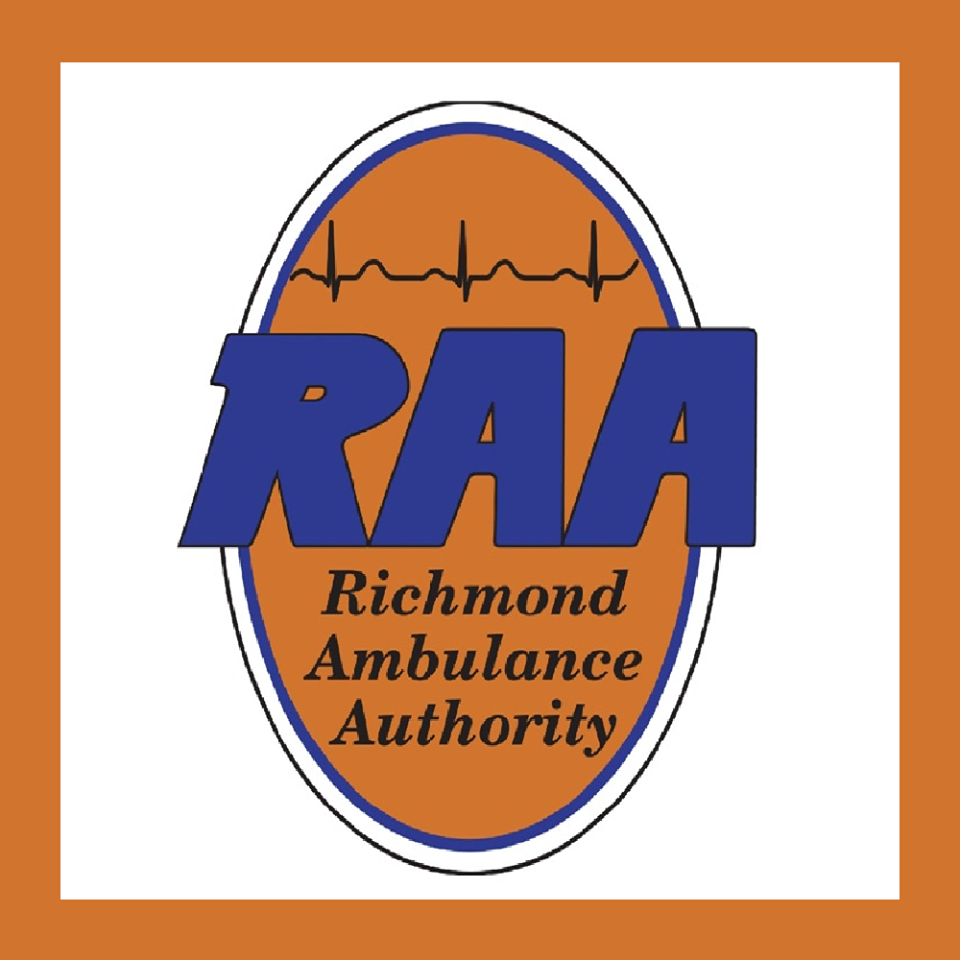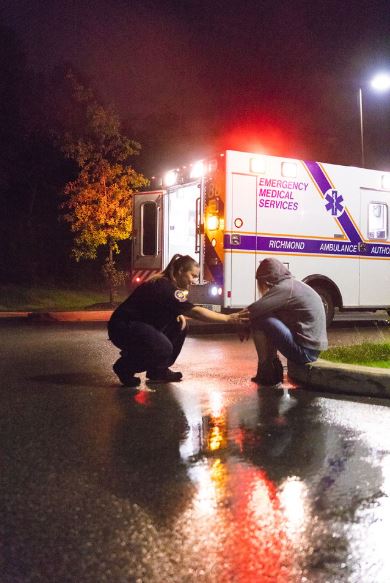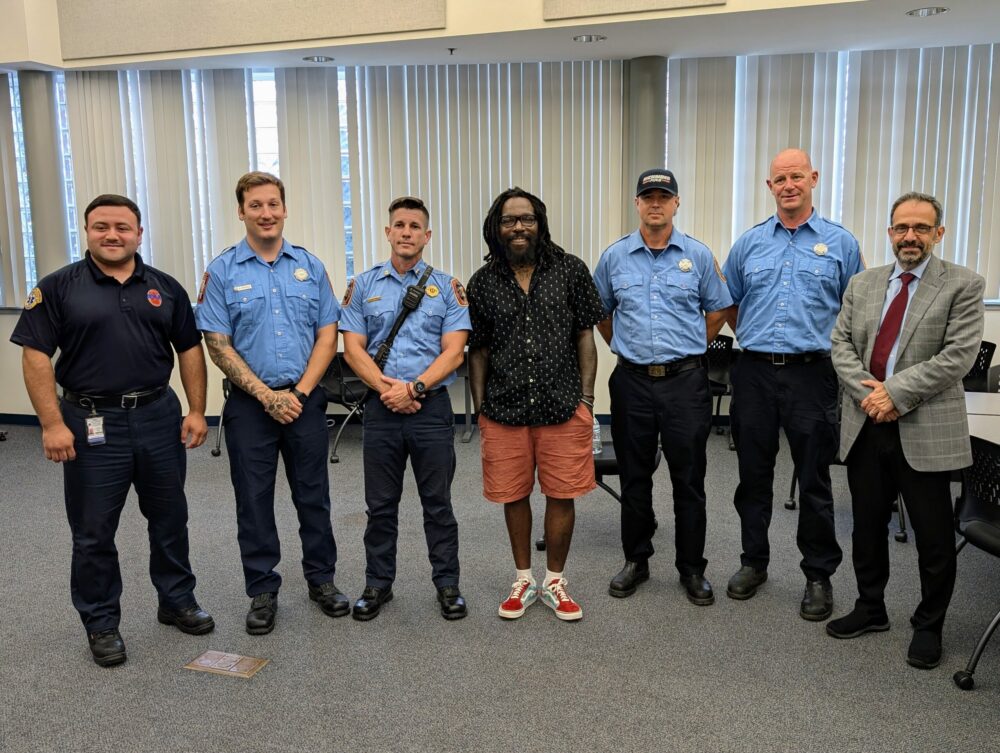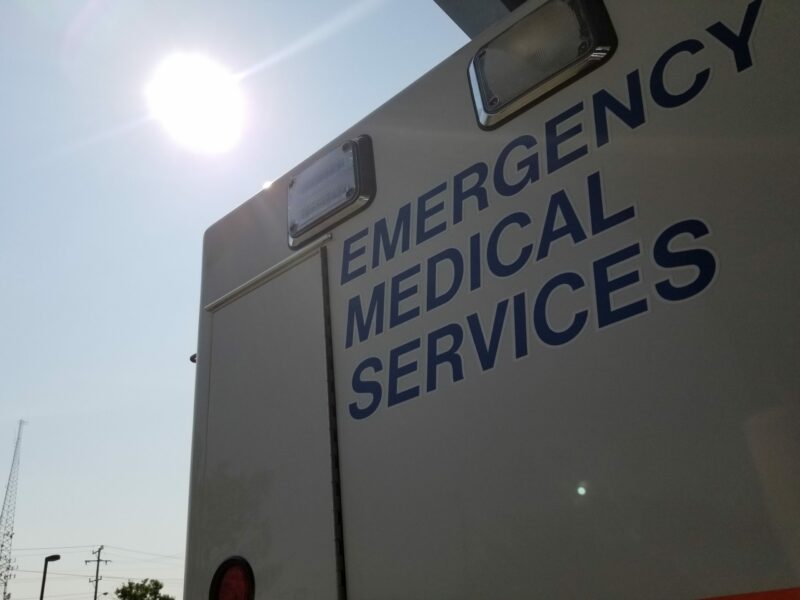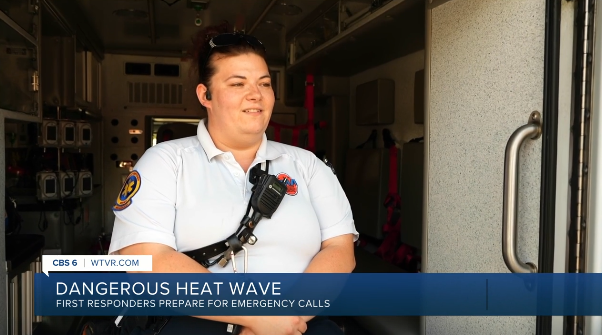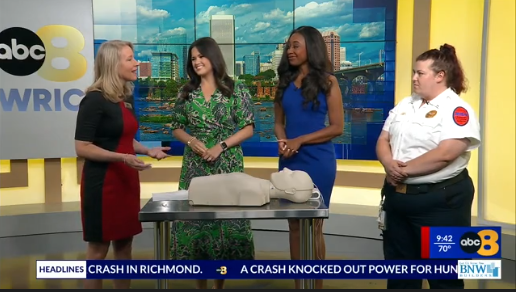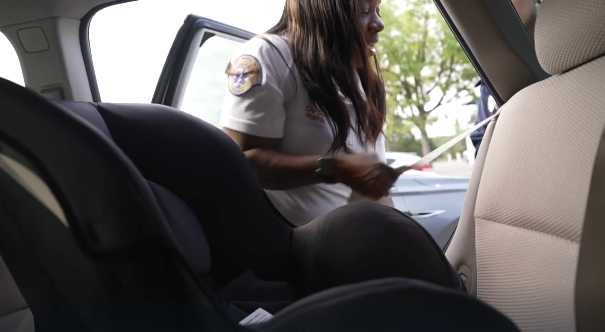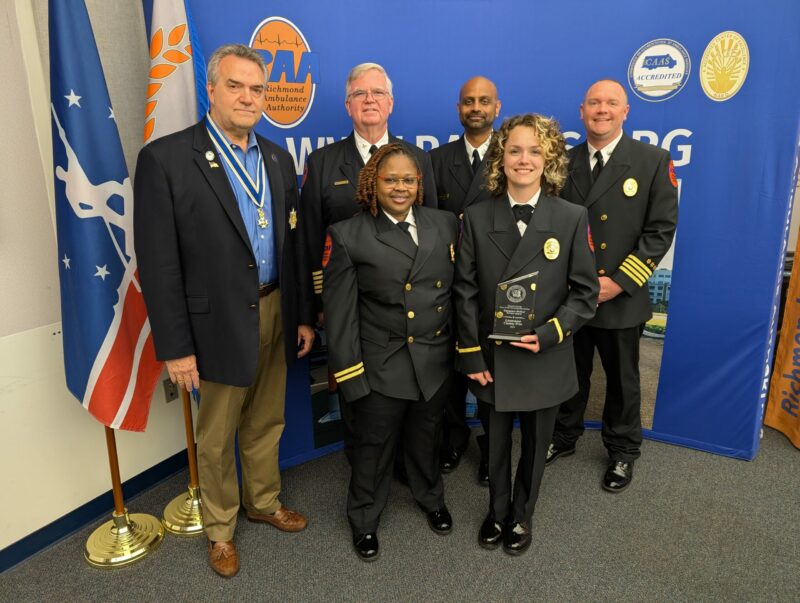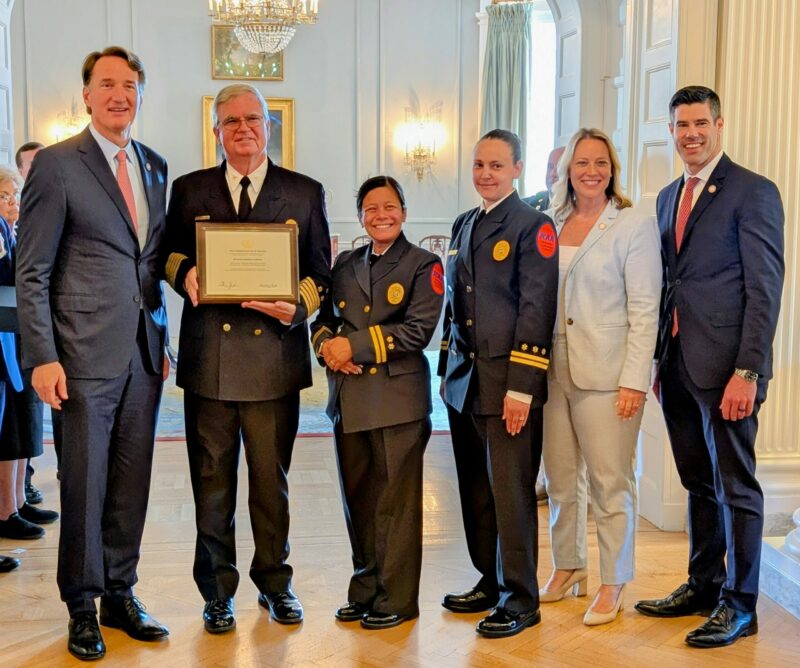In recognition of International Overdose Awareness Day the Richmond Ambulance Authority (RAA) and Richmond City Health District (RCHD) announced a new partnership and program to combat the opioid crisis in the City of Richmond.
“First Responders for Recovery” is an evidence based program aimed at connecting addicts to recovery resources in the Metro Richmond area. At the center of the new program is RCHD’s new Peer Recovery Specialist Courtney Nunnally. Courtney is a recovering heroin and cocaine addict who now dedicates her life to helping others recover from addiction.
“If you’re anything like me, you’ve burned some bridges. I had no one left. I wanted to die. I thought everyone was better off without me. I didn’t see the point in living as a slave to heroin but I was offered HOPE,” said Courtney. “This program is a way for me to give others hope and a path to recovery and I really believe it will save lives.”
Through “First Responders for Recovery,” Courtney uses her own experiences as an addict to give paramedics and EMTs a new perspective on what patients who overdose may be experiencing when they are revived. She teaches paramedics and EMTs different methods they can use to encourage patients to sign a “First Responders for Recovery” release form. The release form allows RAA to share the patient’s contact information with RCHD. Within 48 hours RCHD’s Peer Recovery Specialist contacts the patient to try and get them into a recovery center. In addition, resource packets filled with recovery options in the Metro Richmond area are given to patients and family members interested in the program.
“While Narcan has been an important tool in our fight to keep opioid addicts alive, more must be done to help our patients stay alive by connecting them to recovery resources,” said RAA CEO Chip Decker. “We’re hopeful as word spreads about this program, we can begin to remove the stigma of addiction and help loosen the grip opioids have on our communities.”
The rate of overdoses nationally increased by almost six times from 1999 to 2017. Since 2013, fatal drug overdose has been the leading cause of unnatural death in Virginia, surpassing all other forms of death including motor vehicle accidents, homicide, suicide, and undetermined deaths. In 2018 the City of Richmond saw a decline in the number of suspected overdoses for the first time in five years. “First Responders for Recovery” is part of RAA and RCHD’s efforts to keep that momentum going.
“Richmond City Health District is thankful for our partnership with Richmond Ambulance Authority and all their first responders who consistently demonstrate their commitment to ensuring safety and emergency medical care to all of Richmond’s citizens,” said Dr. Melissa Viray, Deputy Director of RCHD. “Together we are better able to address this public health crisis that afflicts many of the communities, families and individuals that make Richmond a diverse and vibrant community.”
“First Responders for Recovery” is based on a program created by the St. Charles County Ambulance District (SCCAD) in St. Charles County, Missouri. RAA discovered the program as it researched different approaches EMS agencies across the country were taking in their fight against opioid addiction. Before the creation of SCCAD’s program, St. Charles County was seeing a 17-21% increase in suspected overdoses per year. In 2018 the number of suspected overdoses in St. Charles County plateaued. After comparing the first two quarters of 2018 to the first two quarters of 2019, the number of suspected overdoses in St. Charles County declined by 25%. While there are differences between St. Charles County and the City of Richmond, the results are encouraging.
“First Responders for Recovery” officially launched in May. Though the program is still in its infancy, there have already been signs of success. Since its launch 29 patients have signed a release form. Three of those patients successfully connected to a recovery center. The fight against addiction is a tough task and will take a community effort. RAA and RCHD remain committed to working with our public safety and health partners to get as many patients connected to recovery as possible so they can live healthy and prosperous lives.
